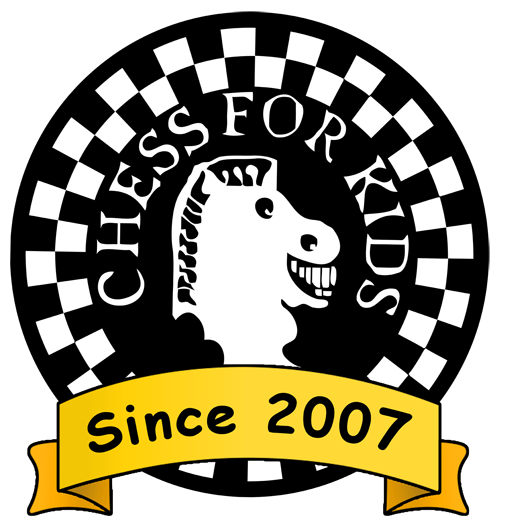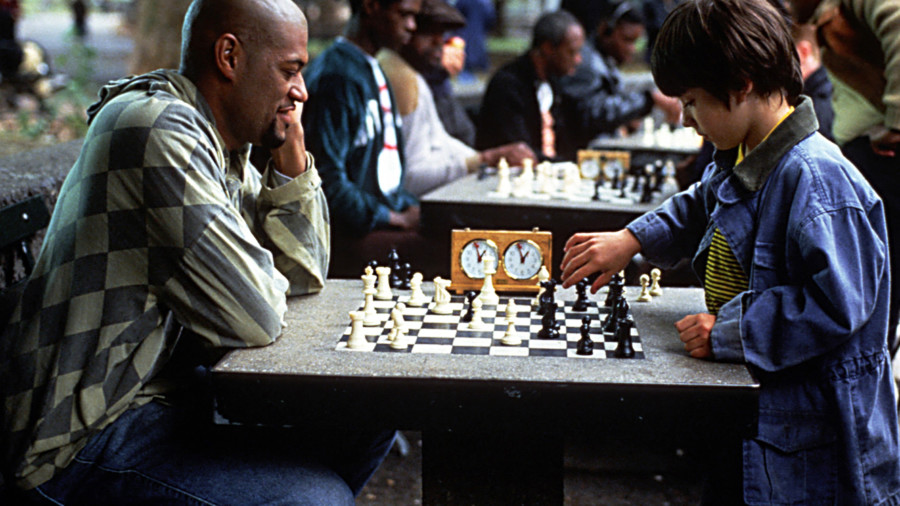Parents ask us how they can get more involved with their child’s chess experience and education.
Chess is a wonderful game that offers numerous benefits for kids, such as improved critical thinking, concentration, problem-solving skills, and strategic planning. Teaching your child chess not only introduces them to a captivating game but also helps nurture important cognitive abilities. In this article, we will explore some valuable tips to make the process of teaching chess to your child a fun and rewarding experience.
Start with the Basics:
Begin by introducing the fundamental concepts of chess to your child. Explain the chessboard, the pieces, and their respective movements. Teach them about the different chess notation and how to set up the board correctly.
Make it Fun and Interactive:
To keep your child engaged and excited about learning chess, make the process interactive and enjoyable. Use colorful chess sets, storytelling techniques, or even create mini-games that involve the chess pieces. Encourage friendly competition and offer small rewards or incentives to motivate their progress.
Teach Step-by-Step:
Break down the learning process into small, manageable steps. Start with the basic movements of each piece, such as how pawns move forward or how rooks can move horizontally and vertically. Gradually introduce more advanced concepts like castling, en passant, and pawn promotion as your child becomes comfortable with the basics.
Play Regularly:
Encourage regular chess sessions with your child. Set aside dedicated time to play and practice together. Start with simple puzzles and gradually progress to more challenging situations. Engage in friendly matches, offering guidance and feedback along the way. Regular play will reinforce learning and help your child improve their chess skills.
Seek Learning Resources:
Utilize the wealth of learning resources available to teach your child chess. Books, online tutorials, chess apps, and interactive websites can provide valuable guidance and practice opportunities. Explore chess puzzles, tactics, and strategies together, fostering a deeper understanding of the game.
Foster a Growth Mindset:
Emphasize that learning chess is a journey and that mistakes are a natural part of the process. Teach your child to embrace challenges, learn from setbacks, and persist in their efforts. Encourage them to analyze their moves and strategize for future games. Instill a growth mindset that celebrates continuous improvement and the joy of learning.
Encourage Participation in Chess Clubs or Tournaments:
Once your child has gained confidence and developed their skills, consider encouraging their participation in local chess clubs or tournaments. This provides opportunities to meet other young chess enthusiasts, test their abilities, and gain valuable experience in a competitive setting.
Conclusion:
Teaching your child chess can be a fulfilling experience that offers a range of benefits beyond the game itself. By starting with the basics, making it fun, playing regularly, utilizing learning resources, fostering a growth mindset, and encouraging participation, you can nurture a love for chess in your child while helping them develop important life skills. So, grab a chessboard, embark on this exciting journey together, and watch as your child’s chess prowess blossoms.



